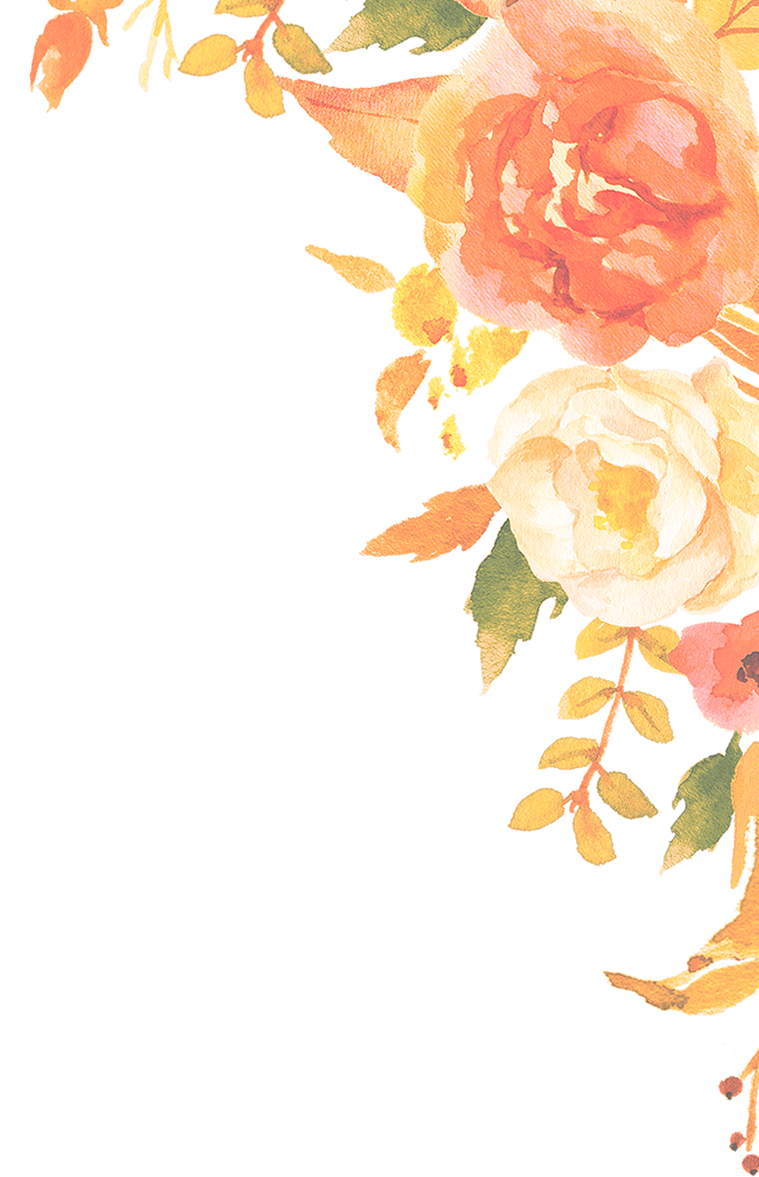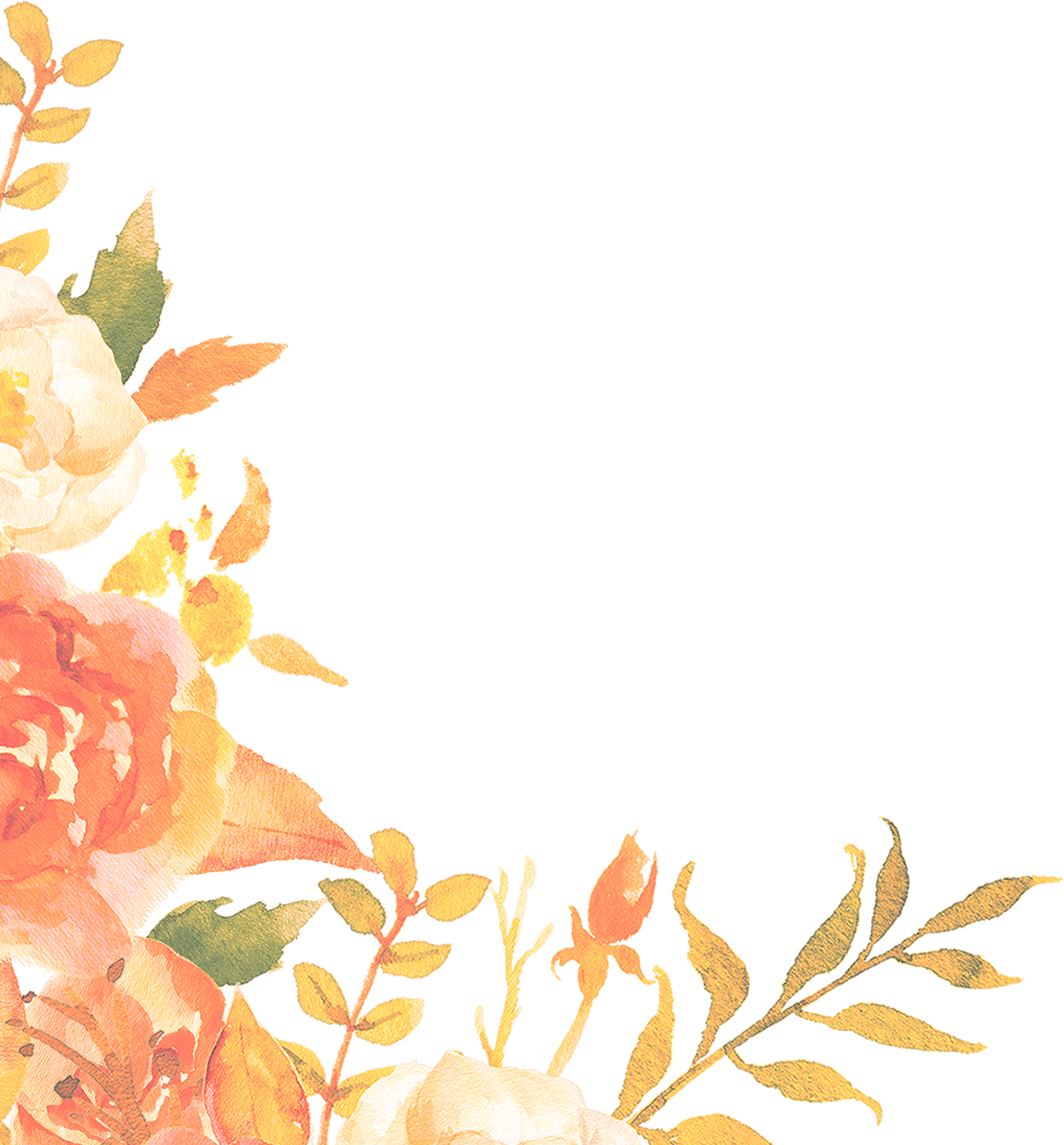



The course has really helped me by giving me tools to create my own happiness, regardless of what other people are doing and what else is going on around me. I have already recommended this course to my friends.
-PAST CLIENT
When I was a single mother living in the country, bringing up my three children in a financial tight jacket whilst studying part time, I had a great little job as assistant in a Waldorf kindergarten. One of the features of the Waldorf curriculum is its use of stories, and the children were treated to a fairytale every day. One day the teacher told the following story: There was once a nasty little dwarf, who lived in a forest that was also home to two sweet sisters. The dwarf had a habit to getting into trouble, but the sisters always came just in time to save him. However, he was very ungrateful to them, and rather than thank them, blamed them for his misfortune each time. One day the dwarf’s beard became caught in a tree trunk, and he called out for help. The sisters quickly found him, ran home to get a pair of scissors, and cut him free. But no thanks were to be had. While stomping off, the dwarf complained bitterly about having lost some of his precious beard. To feel better he got out his treasure, a collection of the most beautiful precious stones and metals, which he laid out on a large rock. There he sat admiring how brightly it all shone in the sun: diamonds, gold and copper… “I know what a copper is,” said one kindergarten child quickly. “A copper is a policeman.”
I told you this little story because today’s column is about meaning; finding true meaning. What is the meaning of our lives? Is there meaning in our experiences that is not readily evident? But that can be found? Could there be a practice that helps us find our own, genuine answers? Is there a path to increased personal strength and wisdom? Is there a magic potion that makes us more powerful and yet calmer? And just before you think I have gone mad I will say yes. There is.
According to Horowitz, studies have linked mediation practices to better immune functioning, higher quality of life, increased psychological wellbeing, and greater ability to cope among patients with cancer. Meditation also reduced psychological stress among individuals suffering chronic pain, leading them to feel less pain, fatigue, anxiety and stiffness; and increasing their ability to work. Meditation was further found helpful for alleviating menopausal symptoms. HIV patients experienced less anger after meditating. Among prisoners it led to reduced substance and alcohol abuse and was found to support rehabilitation. Meditation also benefitted patients suffering memory loss. Among healthy people, meditation lowered stress, ruminative thinking, anxiety, and improved self-compassion. Horowitz writes that meditation is now seen as an active state of consciousness, which leads to perceptive restructuring, learning, and actual changes in the structures of the brain.1
Steinhubl and colleagues found changes in the cardiovascular (to do with the heart and the blood vessels) and nervous (nerves, brain, spinal cord) systems even among meditation beginners, including a small but significant decrease in blood pressure among those whose pressure was normal.2
Hodgins and Adair compared meditators and non-meditators for visual perception and processing. They found that regular meditators noticed more, were more accurate and selective in their attention, had better concentration, were more flexible in both attention and processing, and let go of incorrect information more quickly. Hodgins and Adair thus conclude that meditation is associated with superior visual processing.3 I don’t know about you, but it seems to me that in our modern world of work, traffic, multi-tasking and full agendas we all would benefit from “superior visual processing”.
Chu found that people with more experience in meditation had higher emotional intelligence, less negative mental health issues, and less perceived stress than participants who meditated less or not at all.4 Let’s for a moment return to my kindergarten teaching days: If I had a dollar for every parent who told me that their child was exceptionally intelligent, I could have holidayed in Hawaii. Intelligence, however, does not seem enough to get us through these days. It seems to me that what we need is exactly what Chu found fostered by meditation: emotional intelligence, good mental health, and less stress. In an Australian study, Schreiner and Malcolm found that a ten week meditation course lowered depression, anxiety and stress levels significantly among participants. Importantly, this study showed that the biggest improvements were seen among those who suffered most severely from these states.5
Wenk-Sormaz found support for the idea that meditation can reduce habitual responding, i.e. lead to less automatic and more optimal responses.6 Condon, Desbordes, Miller and DeSteno recruited participants for 8 weeks of either mindfulness or compassion meditation classes or a control group who did not receive tuition. After the course, they asked participants to return for tests. However, the test actually took place in the waiting room. Two actors had taken up two of three available chairs. A minute after each participant sat down in the remaining chair, another actor hobbled in on crutches, wincing at every step. The sitting actors did not give up their seats. The test was whether or not a participant would give up their chair within 2 minutes. It turned out that meditators responded more compassionately than members of the control group. This was regardless of the mediation method they had learnt.7
I was quite amused at the study involving Buddhist monk Mathieu Ricard, who allowed researchers to strap electrodes to his scalp. Ricard had spent some ten thousand hours meditating. When the researchers asked him to voluntarily generate feelings of compassion, the activation of the electrodes was so enormous that the scientists thought their machinery was faulty! They then re-tested, this time with both experienced and student monks. The seasoned meditators showed positive brainwave patterns about thirty times as strong as those of the students.8
There are limitations in meditation research. Hickey, for example, points out that the practice is not well-defined and that there are problems with the research methods applied. Various meditation styles are studied, and sample sizes tend to be small. Hickey also notes that when the religious traditions of meditation are ignored, not only the past is erased but also the moral frameworks that were a fundamental condition for the nuns and monks who traditionally practiced it. (For example, Kabat-Zinn calls MBSR “Buddhist meditation without the Buddhism”). Another removed aspect is that of community. Hickey questions whether stressing the individualistic solution of meditation (such as “you just have to find your own inner peace”) breeds inattention to institutional and systematic suffering found in racism, poverty or sexism. Lastly, he stresses that it would be a mistake to view meditation as a sufficient or appropriate treatment for people suffering major depression, post-traumatic stress or psychosis.9 (And I agree.)
Rubin also finds limitations in relying on meditation as a cure-all. He argues that Buddhism is “nonchalant” about emotional life. Letting go of feelings, he stresses, is not as healing as feeling them and finding their meaning. Further, meditation should not lead to detachment from life; indeed, we should use and apply the discoveries made through it in our daily life.10 (And I agree.)
Therefore, even though I said before that mediation is a magic potion, it must be remembered that it will not replace professional medical and psychological care. Meditation also requires a commitment to moral growth, i.e. being more honest, humble and open to learning from life and others. Absolutely essential is a dedication to soberness, i.e. no drugs and sincere moderation when consuming alcohol.
Meaning is deeply personal, everyone’s path is unique, and the challenges of our modern life are complex. Meditation can help us through the jungle. I sincerely hope that I have given you enough reasons to begin the practice.
Here is a link to an open heart meditation, which you can download for free: http://www.openheartmeditation.org/open_heart_meditation.do. Another great starting point is to take a course, or buy a meditation CD or a book.
Important things to consider are: 1. Where will you meditate? You need to be comfortable, warm and away from noises and interruptions. 2. When will you meditate? The time needs to be fairly regular, allow you to be alert (i.e. not too tired, and exclude other responsibilities. 3. How long will you meditate? You should allocate 10-20 minutes at the beginning. 4. How long will you persevere with it? I recommend at least 4 weeks. Don’t give up too soon; see if it is a magic path for you.
© Natalie Lydia Barker 2015
Notes
No Comments